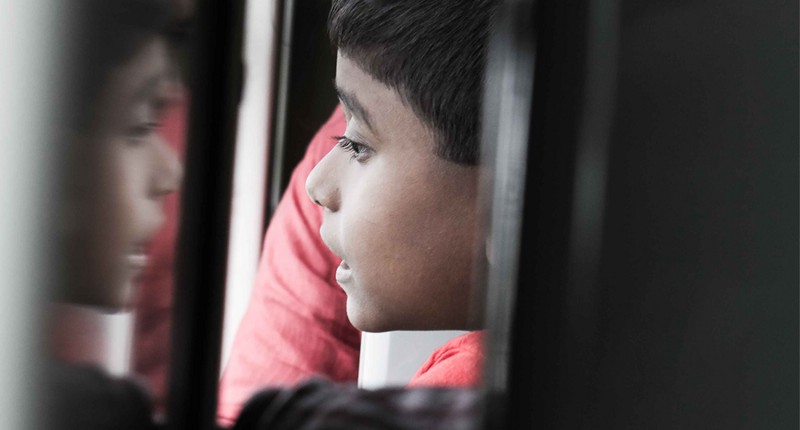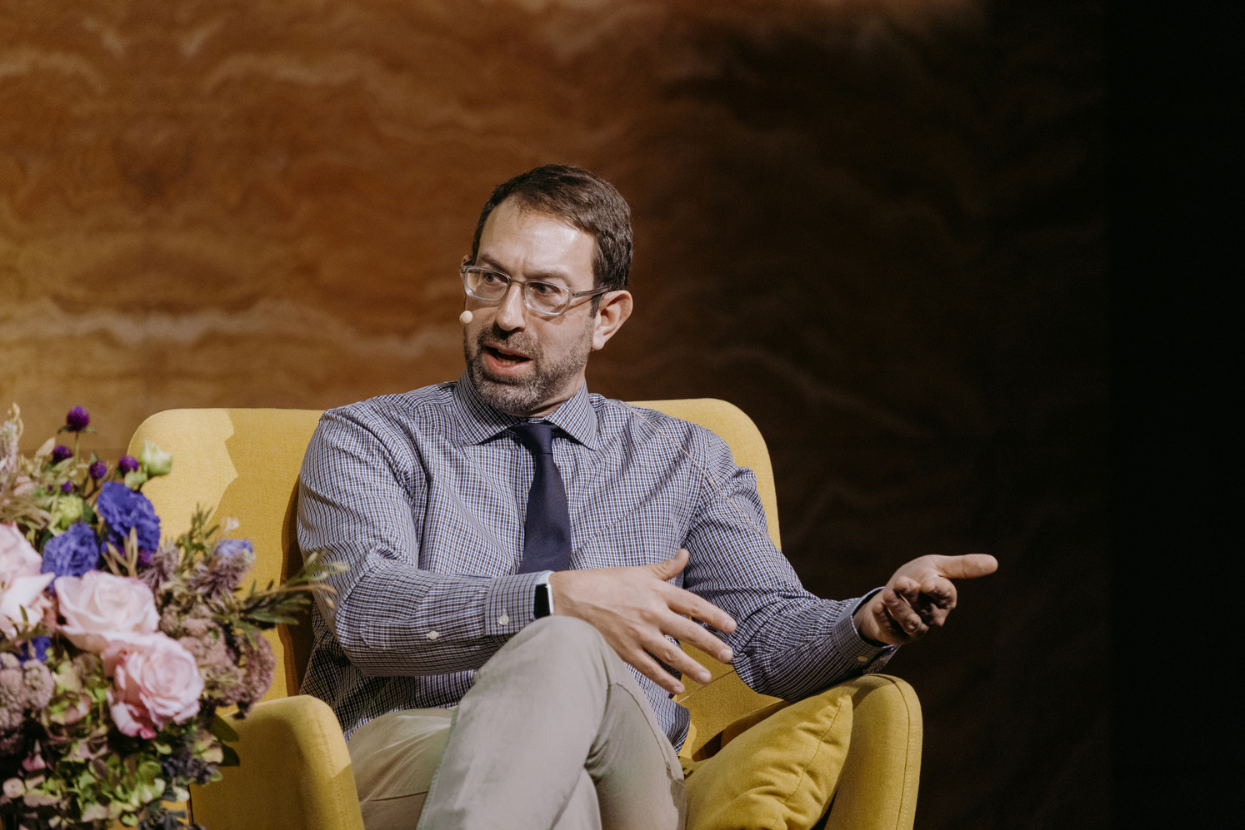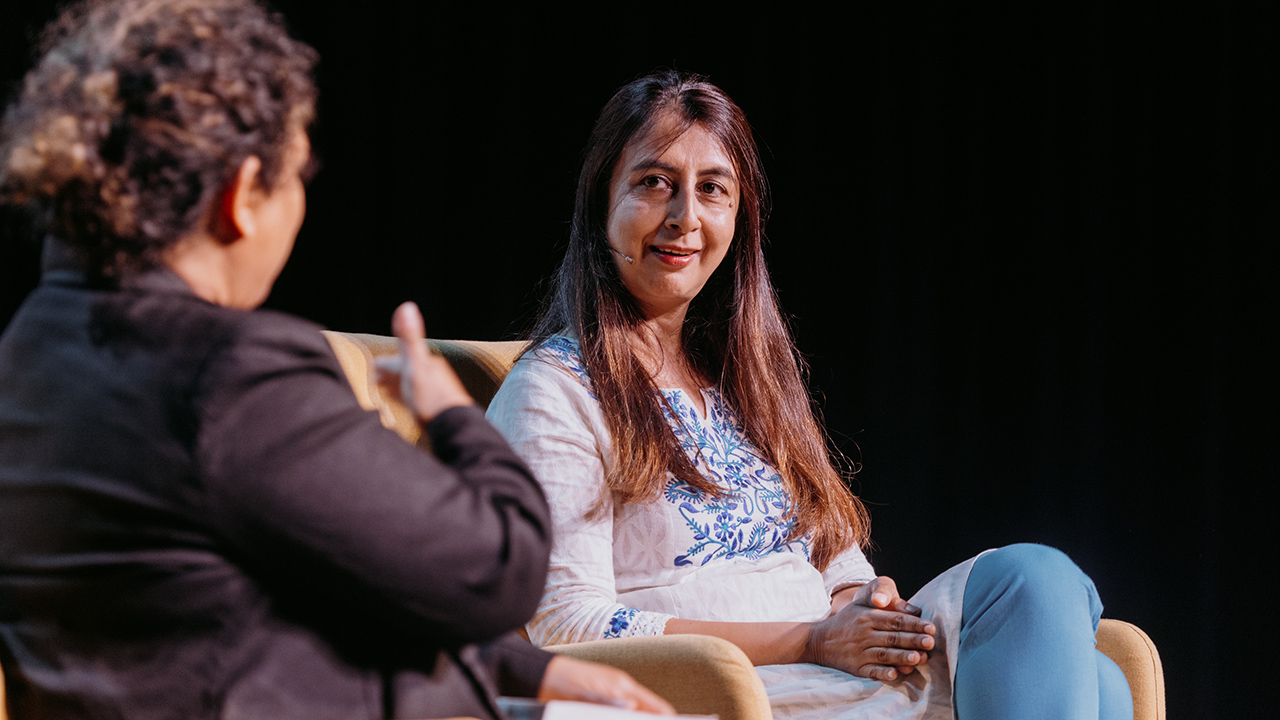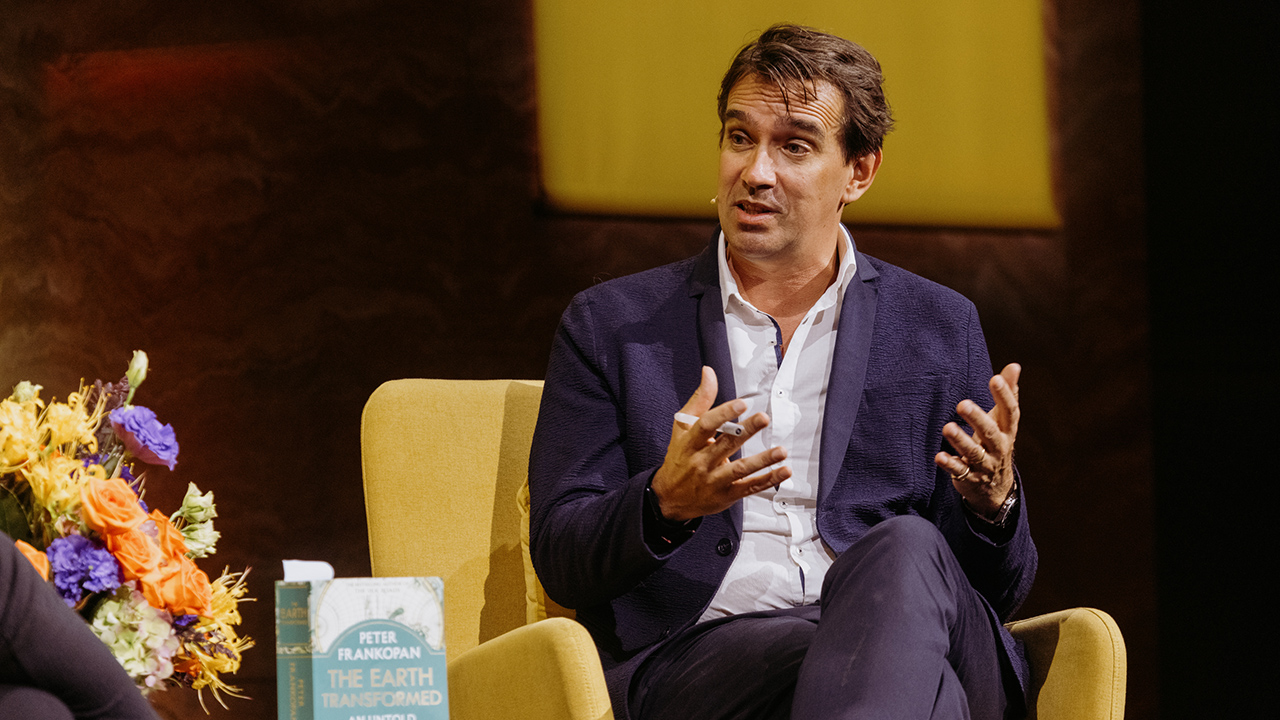Stop treating my Muslim children as though they’re future extremists

My two boys are not yet teenagers. Like their non-Muslim school friends, they like video games and comics. They talk about guns and swords and bombs and explosions. But lately I’ve had to start telling them not to. I’ve told them not to search for these things on the internet. I have had to tell them their words can be misconstrued; their innocent actions could land our family in serious grief.
Recently the government funded Countering Violent Extremism training programs for teachers and social workers, and plans to extend them to healthcare workers including GPs, psychologists and psychiatrists.
This takes the security of our children into dangerous territory.
The social work training manual encourages social workers to identify and report potential threats. The manual argues that although violent extremism in Australia is rare, it is on the rise. It states that most people involved in extremist groups are young; over 12 young people have allegedly planned violence; a handful have been killed in overseas conflicts; and more have attempted to join them.
In case you didn’t pick up on it, the ‘people’ which the manual refers to, are Muslims. Those doing the training know it too, even if it’s officially about all forms of extremism. In the training session I attended, participants associated ‘violent extremism’ with: “migration, different cultures, mental health and cultural issues, martyrdom.”
But just how grave is the problem this training is supposed to tackle? As journalist Mehdi Hasan writes, just five people have been killed in terrorism related incidents in Australia in the past two decades. International security specialist Professor Greg Austin says:
“More Australians have died … from domestic violence in just two years … than from terrorist attacks in Australia in the last 20.”
Implementing this type of training which relies on the discretion of the individual in a political context of Islamophobia, fuelled by politicians and the alarmist media, guarantees malicious and ignorant reporting of Muslim children. According to Professor Andrew Markus, over 40% of Australians who answer surveys anonymously online hold negative views towards Muslims (compared to 25% who will admit so to a human interviewer). Only about half actually know any Muslims and a majority have little knowledge of Islam.
The UK rolled out similar government policy with the advent of the PREVENT program, in which workers in “almost all sectors of public life” were initially trained but since July 2015 have been mandated to report concerns about radicalisation. This program has been described by Shami Chakrabarti, the director of human rights group Liberty as “the biggest domestic spying programme … in Britain in modern times.” The National Union of Teachers has called for it to be scrapped.
It has undermined the trust of Muslims in state institutions and damaged social cohesion. Of the 3,704 people referred to PREVENT in 2016–17 for “concerns related to Islamist extremism”, 95% were found not to need support from the program. Over 1,000 Muslim children under 15, and 900 who were between 15–20 years old were inappropriately reported.
Examples include a four-year-old who drew his father with a ‘cooker bomb’, later found to be a cucumber; five- and seven-year-olds marched through a busy school event with police because their parents gave them toy guns; a ten-year-old who wrote he lived in a ‘terrorist house’ instead of a ‘terraced house’; a 12-year-old who said the government hates Muslims; a 14-year-old who mentioned eco-terrorism when discussing environmentalism; a 15-year-old for pro-Palestinian activism; a 16-year-old who borrowed a book on terrorism from the school library.
These children have moved schools, lost friendships, become scared to participate in class and no longer trust their teachers. Their parents are bewildered, humiliated and outraged, and for what? There is no evidence such an approach is effective in preventing terrorism. The uncomfortable truth is that nothing can.
Some academics say the Australian approach differs from the UK’s because reporting is not mandatory and because it aims to detect violent extremism, not what are ostensibly extremist thought crimes. But despite the proliferation of anti-Muslim hate groups in recent years, both terms still connote Muslims. I don’t want people I trust with my children’s welfare surveilling them simply because of our religion, and neither do most Australians.
The mantras used to justify repressive measures against Muslims — not all Muslims are terrorists, but all terrorists are Muslim; if three jelly beans in a jar are poison you’re not going to try any of them — could equally be applied to men and domestic violence. But because all of us know and love men, the sentiment, and measures such as spying on boys or excluding them from immigrating because a small minority will commit future violence, seems abhorrent. Applied to the demonised group Muslims, they are increasingly trotted out as common sense.
I first learnt how bigotry could impact my children in the hazy days following the birth of my oldest son. Leaving the safe bubble of hospital, me and my husband stepped out into the piercing sun, strapped him into his baby capsule and drove carefully home. As I cradled him in my arms that night, we turned on the TV to be confronted by the ugliness of the Cronulla riot.
Fearful that our proudly chosen Arab-Muslim name could put our son in danger, we anglicised it.
But a few days later, we reversed that decision because of the near unanimous public condemnation of the riot, because we didn’t want such a personal choice to be decided by bigots, and because we reasoned that anti-Muslim sentiment would recede by the time he grew up.
I simply cannot explain the weight I have carried over the past twelve years trying to shield my children from the poisonous sentiment that lies behind the Reclaim Australia rallies, calls for the internment of Muslims and most recently Fraser Anning’s invocation of a ‘final solution’ to Muslim immigration in the Australian parliament. The idea that these sentiments are now being institutionalised in everyday settings both frightens and angers me. In 2014, Tony Abbott told the country, “the delicate balance between freedom and security may have to shift.” If now is not the time to shift it back, what do western freedoms actually mean?
Susie Latham is a Melbourne writer and researcher. She co-founded Voices against Bigotry and has been published in The Age, The Sydney Morning Herald and Crikey. She is also co-author of Human Rights Overboard: Seeking Asylum in Australia, which won the Australian Human Rights Commission Award for Non-Fiction in 2008.
This article was commissioned as part of a series for the Festival of Dangerous Ideas, 2018.



